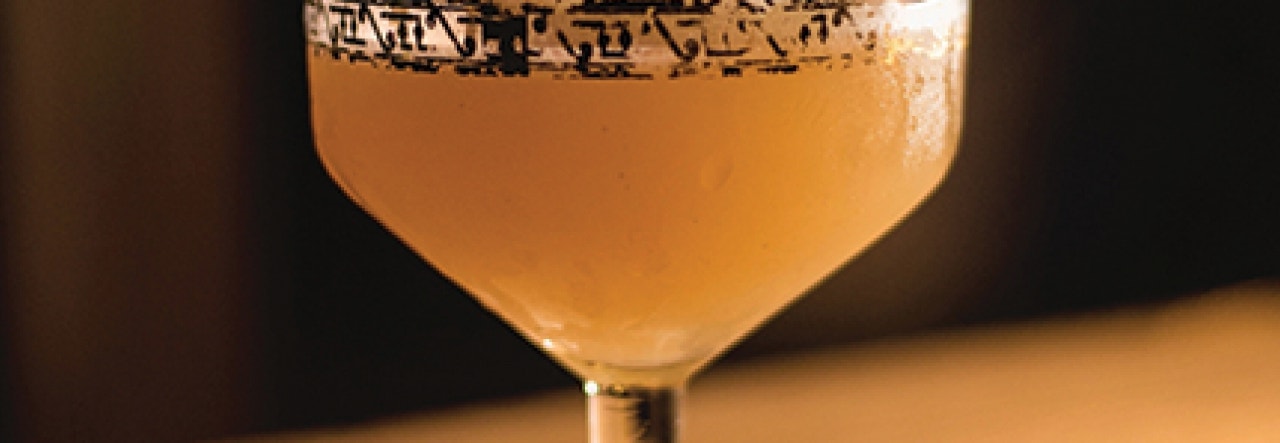‘Tis the season for merriment! And for some of us, that involves drinking our favorite alcoholic beverages.
There’s nothing wrong with a drink or two. It’s the holidays and it’s time to celebrate! But don’t be surprised if your sleep schedule seems off after the alcohol. So why is it that after a night of celebration you feel groggy and sluggish? I fell asleep quickly, but I don’t feel rested? Don’t let the alcohol fool you! You just rang in the New Year with some champagne, and as soon as you lie your head on your pillow, it’s lights out. Just because you didn’t have to fight to fall asleep doesn’t mean your sleep will be what it should.
Drinking alcohol blocks REM sleep, which is the most restorative stage of sleep. So even if you clocked eight hours, that doesn’t mean your sleep was doing it’s job. Also, as alcohol is metabolized, you tend to go from deeper to lighter sleep. Meaning you will be likely to wake before you are truly rested (or even wake during the middle of the night).
But I just had a few drinks? Even when it’s not the holiday season, many of us are apt to have a glass of wine before bed. So whether it's that or that glass of eggnog on Christmas night, you may be shocked to see you still don’t feel as well rested as possible in the morning.
You didn’t drink to excess, so you should be fine. Studies show that even one glass of alcohol can impair restorative sleep by 24 percent. That’s not to say you shouldn’t be allowed to indulge in even one drink, but maybe change the time you drink alcohol. According to research, “happy hour” isn’t just because it falls right after work hours. Early to middle evening has proven to be the best time to drink to avoid disruptions to circadian rhythms.
I’m having other side effects to my sleep. It’s not just your sleep cycles that get interrupted when you imbibe. You may experience other little changes to your sleep, and alcohol could very well be the culprit. Alcohol relaxes muscles, which in turn affects breathing. Because of this, snoring (or louder than normal snoring) may occur. You might also need to get up to use the bathroom more than usual, and some even find themselves sleepwalking or sleep eating because of excessive alcohol consumption.
If you are feeling tired after your holiday drinking, it’s tempting to sleep for days to catch up. But don’t overdo it! It might just have similar effects to the alcohol.
 BABY
BABY  KIDS
KIDS  ADULT
ADULT  LEARN
LEARN  STORES
STORES 